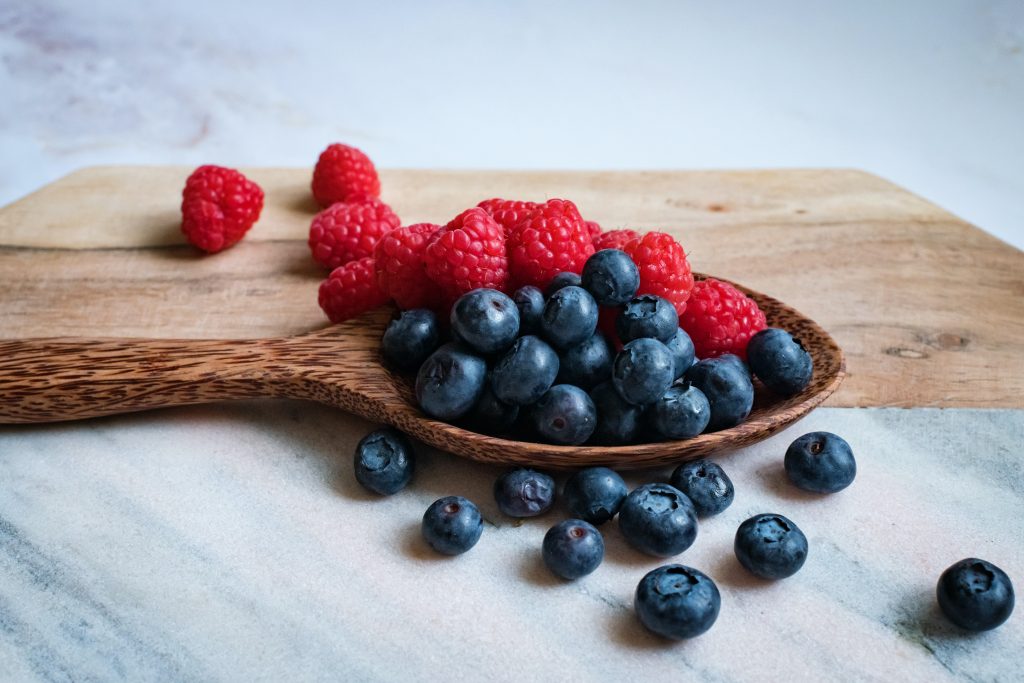An enormous industry has grown up around maximising productivity through-out our work days. From books, to YouTubers, gadgets to protocols. There’s now a dizzying array of, often conflicting, information out there. But the simple fact is, most people already know the most effective and fundamental things they can do to maximise their concentration and performance when working.
It’s just that often these tips seem so simple that, favouring a complexity bias, we tend to assume they don’t work, ultimately to our detriment. Below we’re going to look at some simple steps anyone can employ to get the most out of focused work through the improvement of concentration.
Eat smart
When a maxim is as pervasive in our culture as the saying “you are what you eat” is, you can rest assured there’s likely a modicum of truth in it. In a very simplified sense, your body is a biological robot that uses food for fuel. As such, the type of fuel you put in can have a marked impact on the returns you get in performance.
Of course, within moderation, all foods can contribute to a diet that keeps us healthy and happy. Even when it comes to maximising productivity, foods belonging to the junk category can play a part. This is because foods high in readily accessible sugar, like soda or a chocolate bar, can give us a jolt of energy that can temporarily boost our concentration.

Photo by Annemarie Grudën on Unsplash
However, the key word there is “temporary”, as foods that convert to glucose in our body quickly create an insulin spike that, before long, leads to the dreaded sugar crash. But there are other foods that can give our brain a boost without these trade-offs. Often referred to as brain foods, these are a range of nutritious food-stuffs that contribute to our brain health, boosting memory and concentration.
As such, these foods are favoured by working people who need to maintain their focus over long periods of time, from poker professionals to project managers. There is a great diversity of foods belonging to this category to explore, but perhaps the two that are most compatible with the modern office environment and its premium on desk space, are walnuts and berries.
Walnuts are rich in omega-3 fatty acids and have been shown to boost performance in cognitive tests, and berries are best-in-class for antioxidant content. A diet high in antioxidants has been linked to slowed cognitive decline to keep you on the ball well into retirement age!
Getting your R&R
Human beings have a relatively narrow window within which we can perform at maximum concentration. Our brains run in approximately 90 minute cycles, and pushing through these periods without taking even a small rest can impede our ability to continue working meaningfully.
Frequent breaks give our brain the chance to cool-out and reset, which is essential, especially if we’re asking a lot from it. In a broader sense, working also to improve sleep hygiene can help us begin each day with a full tank. Everyone’s relationship with sleep is unique — some people need much more than others, and a range of factors can strongly influence our ability to access rejuvenating sleep.

Photo by Tânia Mousinho on Unsplash
Fortunately there are some core strategies that anyone can implement in order to get the best possible chance of some high quality slumber. For one, aim to finish eating for the day between 2 to 3 hours before you head to bed. After all, you don’t need any calories at that time of night as you’re winding down.
Secondly, the process of digestion can be very disruptive to sleep, and can even lead to indigestion or heart-burn. Another key element of effective sleep hygiene in the 2020s is to minimise our exposure to blue light, which is the kind of light that comes from our smartphones, laptops and TVs.
The reason this can be a problem is that it tricks our circadian rhythm, which is our internal body clock, into thinking it’s the middle of the day. As a result of this, our body stops producing the sleep hormone, melatonin. As such it’s a good plan to minimise screen time in the evenings, especially as it gets towards bedtime.

“To live is the rarest thing in the world. Most people exist, that is all.”
―










